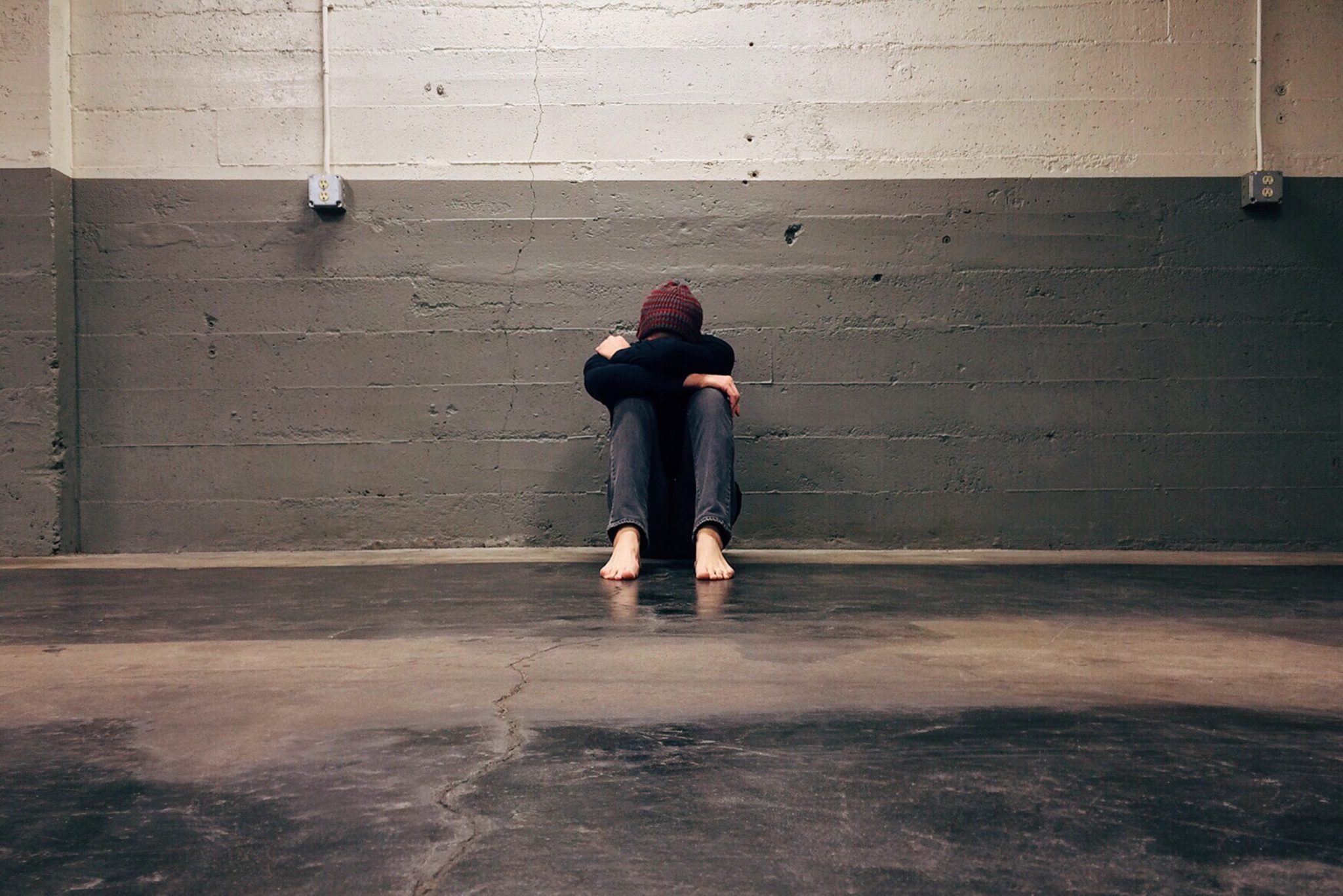Last month Reddit took the impressive title of the 3rd most visited site in the US, knocking out the incumbent Facebook. It has become one of the internet’s most popular sites thanks to its many topics open to discussion. However, besides being a fantastic source of pictures that will make you go “aww“, it has also become a resource for those who are struggling with depression, giving them a group to turn to for help and support.
In fact, a recent study from the University of Utah found that r/depression, actually improved the mental state of subscribers. The researchers of the study examined the language used by the subscribes of the subreddit over time, specifically analyzing linguistic dimensions such as “positive emotion,” “negative emotion,” and “sadness.” They found that users’ language improved in nine of 10 categories, suggesting r/depression prompted a “positive emotion change” in users.
However, this could be just the beginning. Thanks to the internet’s prevalence throughout the world, and its ability to reach so many, we could see online communities becoming the first, and possibly best, point of contact for all medical issues. Healthcare startup BitMED empowers members to take control of their health through 24/7 Telehealth service, educational content, and peer-to-peer communities. It aims to make accessing reliable health care as effortless as a Google search.

Bo Vargas, the CTO of BitMED
“Our platform allows our medical providers to give the care needed by our members and support them with communities and curated education content,” states Bo Vargas, the CTO of BitMED.
In addition to this Dr. Lucas Baker-Siroty, a expert with close connections to BitMED who also trained at Harvard University Health System, stated “That while there remains so much unknown about the use and effectiveness of video therapy, the use of this medium with various populations, including students in university settings is on the increase across the country, as a product of demand and a variety of other factors decreasing the barriers to care -such as less stigma.”
And, Dr Baker-Siroty added, “certainly there are risks, but most importantly the option for people to access therapy over video allows clinicians to access people suffering in places they could not otherwise.” “Many broad and important ethical questions exist, for example how to support and manage people struggling with suicidal ideation and intractable and chronic mood and anxiety disorders. However, many of these questions and standards were likewise debated over the last few decades with the increase in reimbursements of therapy through managed care and insurance which have shifted some of the landscape and models for better or worse to shorter treatments of care for these groups as well.”
“Additionally, there is burgeoning evidence these models, like BitMED’s can provide particularly effective treatment for populations suffering from diagnoses related to attention, personality, sleep, and perhaps mild anxiety and mood disorders as well-because of the ability to integrate community, education, and symptom tracking devices into their tools and model of care.”
The internet often takes a lot of responsibility for amplifying symptoms of depression, with sites such as Instagram and Facebook being labeled bad for our mental health. However, it is clear that our interactions with the internet and online communities can be a force of good if used in the right way.












